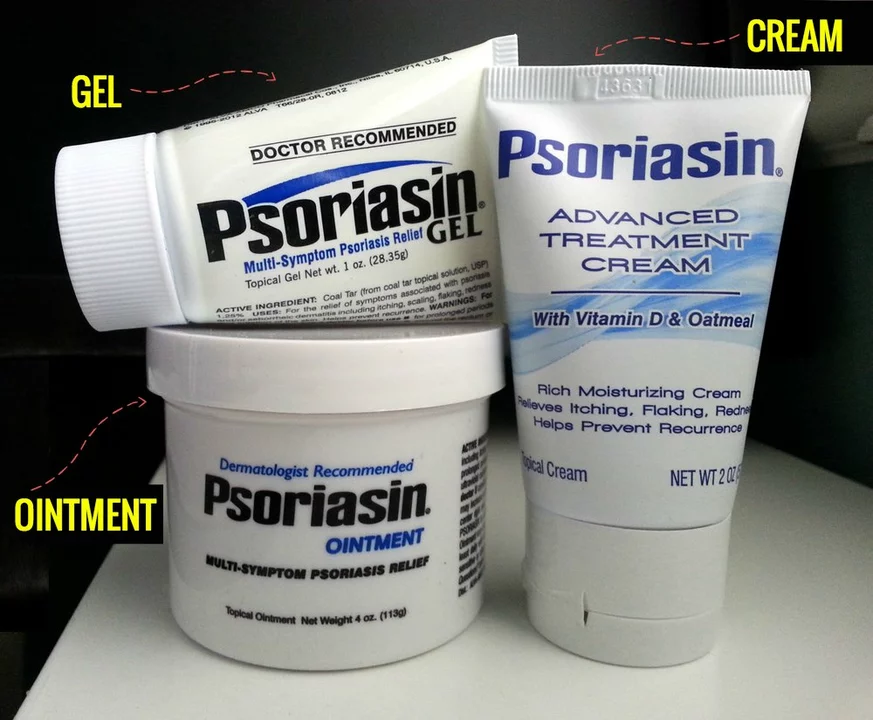Psoriasis Treatment: What Works and What You Should Know
Psoriasis can be frustrating, but treating it doesn’t have to feel like guesswork. Whether you’re just starting to notice those red, scaly patches or have dealt with flare-ups for a while, knowing your treatment options is a game-changer. The key is figuring out what fits your skin and lifestyle.
First off, treatment often combines medication and simple lifestyle changes. Topical creams and ointments can reduce inflammation and soothe itching. Ingredients like corticosteroids or vitamin D analogues are common go-tos your doctor might suggest. If your psoriasis is moderate or severe, systemic medications or light therapy might be necessary to get things under control.
Medication Tips That Actually Help
Don’t skip talking to your healthcare provider before trying new medicines. Over-the-counter creams can help, but prescription treatments usually offer stronger relief. Some patients find natural remedies helpful, but it’s best to use these as complementary options rather than replacements.
Knowing your triggers is just as important. Stress, smoking, and even certain infections can spark flare-ups. Managing these can reduce how often symptoms appear and how severe they get. For example, cutting back on alcohol and quitting smoking have shown benefits for many people dealing with psoriasis.
Simple Lifestyle Changes to Boost Your Skin Health
Keeping your skin moisturized is one of the most straightforward ways to fight psoriasis symptoms. Using fragrance-free and gentle moisturizers several times a day can prevent dryness and cracking. Warm baths with added oils or oatmeal can also soothe irritation without the harsh effects of hot water.
Don’t underestimate the impact of a balanced diet either. Foods rich in omega-3 fatty acids—like salmon or walnuts—can help ease inflammation. Plus, maintaining a healthy weight and regular physical activity might improve how well treatments work.
Remember, psoriasis affects everyone differently, so treatment often involves some trial and error. Keeping a symptom diary can help you track what works and what doesn’t. With patience and the right approach, managing psoriasis can become part of your routine rather than a constant challenge.

Frequently Asked Questions about Calcipotriene
- Apr, 26 2023
- 19
As someone who has researched calcipotriene, I've come across a few frequently asked questions about this medication. First, calcipotriene is a topical treatment mainly used for psoriasis, helping to slow down the growth of skin cells. Secondly, it's important to follow your doctor's instructions when applying calcipotriene, as overuse can lead to side effects. Thirdly, some common side effects include skin irritation, redness, or itching, but more severe reactions should be reported to your doctor. Lastly, it's essential to know that calcipotriene should not be used on your face, underarms, or groin area unless specifically directed by your healthcare provider.
Categories
- Medication Information (113)
- Health and Wellness (52)
- Women's Health (6)
- Support Resources (5)
- Supplements (5)
- Pharmacy Reviews (5)
- Dermatology (4)
- Mental Health (4)
- Nutrition (3)
- Fitness and Wellness (3)
Archives
- February 2026 (12)
- January 2026 (27)
- December 2025 (30)
- November 2025 (24)
- October 2025 (29)
- September 2025 (14)
- August 2025 (2)
- July 2025 (7)
- June 2025 (2)
- May 2025 (3)
- April 2025 (4)
- March 2025 (3)
- online pharmacy
- dietary supplement
- medication safety
- health benefits
- side effects
- generic drugs
- drug interactions
- treatment
- wellness
- optimal health
- diabetes management
- safe medication purchase
- online pharmacy Australia
- brand name drugs
- authorized generics
- generic medications
- link
- women's health
- dietary supplements
- sleep
